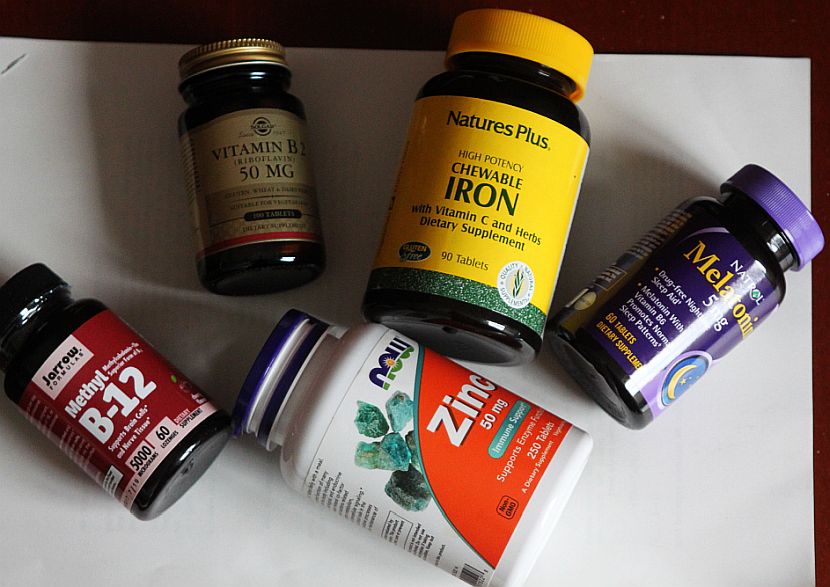The journey through pregnancy is one of the most transformative periods in a woman’s life, filled with anticipation, joy, and significant physical changes. However, the postpartum phase can also bring unexpected challenges, such as hair loss.
Postpartum hair loss is a common issue that affects many new mothers, often occurring a few months after childbirth. While this condition is typically temporary, it can be distressing. Fortunately, certain supplements can help support hair regrowth and improve overall hair health during this time.
In this article, we’ll explore the best supplements for postpartum hair loss, helping you navigate this phase with confidence.
Understanding Postpartum Hair Loss
Before diving into the best supplements, it’s essential to understand why postpartum hair loss occurs. During pregnancy, elevated levels of hormones like estrogen prolong the growth phase of hair, leading to thicker, fuller hair.
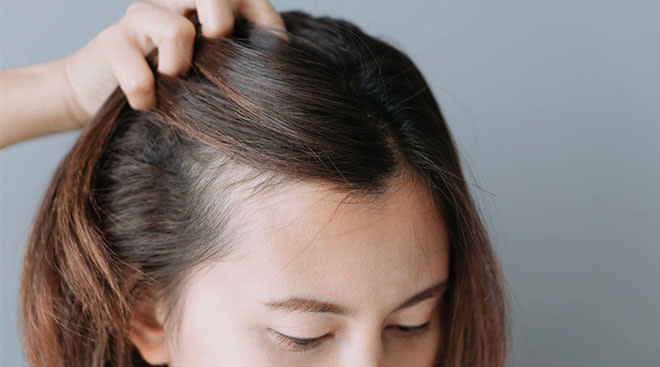
After childbirth, these hormone levels drop rapidly, causing hair to enter the shedding phase. This shedding, known as telogen effluvium, is typically most noticeable around three to four months postpartum.
Recommended: Hair Fall After Pregnancy Home Remedy
While this process is natural and usually resolves within six to twelve months, the right supplements can help nourish your hair from within, potentially speeding up recovery and promoting healthier hair growth.
Top 7 Supplements for Postpartum Hair Loss
1. Biotin
Biotin, also known as Vitamin B7, is one of the most well-known supplements for promoting hair health. Biotin plays a crucial role in the production of keratin, a protein that makes up the structure of hair, skin, and nails. It’s often recommended for people experiencing hair thinning or hair loss.
How Biotin Helps with Postpartum Hair Loss
After childbirth, your body may be depleted of certain nutrients, including biotin. Supplementing with biotin can help replenish these levels, supporting the production of keratin and encouraging stronger, healthier hair growth.
Recommended: 9 Best Supplements For Perimenopause Weight Gain
Additionally, biotin can improve the overall texture and shine of your hair, making it look fuller and more vibrant.
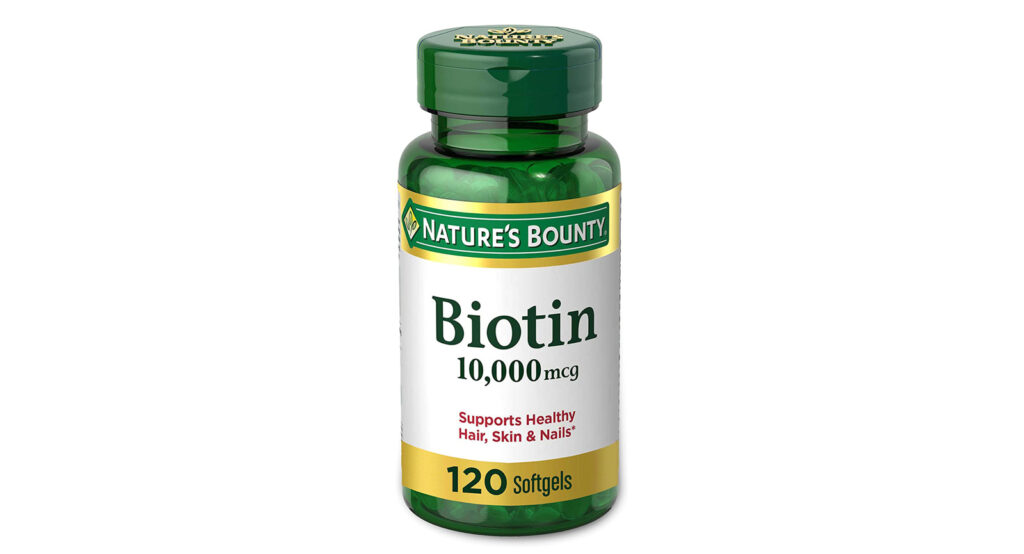
Recommended Dosage and Sources
The recommended daily intake of biotin varies, but many experts suggest 30 to 100 micrograms (mcg) per day for adults. Biotin can be found in supplement form, but it’s also present in foods like eggs, nuts, seeds, and leafy greens.
2. Iron
Iron is another critical nutrient for hair growth, particularly for women who have just given birth. Iron deficiency is common in postpartum women due to blood loss during childbirth and the increased iron demands of pregnancy. This deficiency can lead to anemia, which is often associated with hair loss.
How Iron Supports Postpartum Hair Growth
Iron helps carry oxygen to the hair follicles, which is essential for healthy hair growth. Without adequate iron levels, your hair may become weak, brittle, and more prone to shedding.
Recommended: How to Balance Hormones Naturally After Birth Control
Supplementing with iron can help restore these levels and support the regrowth of hair during the postpartum period.
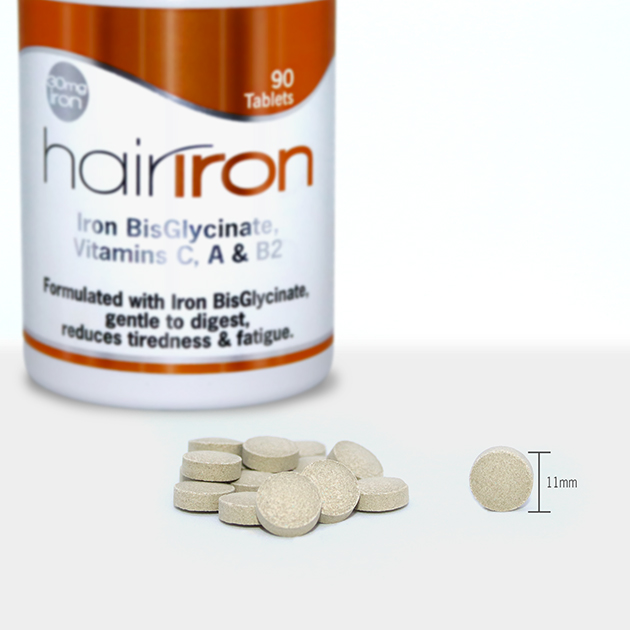
Recommended Dosage and Sources
The recommended daily intake of iron for postpartum women is around 18mg, though this may vary depending on individual needs. Iron supplements are widely available, but it’s also beneficial to consume iron-rich foods such as red meat, poultry, lentils, beans, and spinach. Pairing iron-rich foods with vitamin can enhance absorption.
3. Vitamin D
Vitamin D is vital for overall health, and it plays a specific role in hair follicle health. Research suggests that vitamin D deficiency can be linked to various types of hair loss, including telogen effluvium and alopecia.
How Vitamin D Helps Combat Postpartum Hair Loss
During the postpartum period, new mothers may experience a drop in vitamin D levels, especially if they spend less time outdoors. Low vitamin D levels can negatively impact the hair growth cycle, leading to increased shedding. Supplementing with vitamin D can help maintain healthy hair follicles and encourage hair regrowth.
Recommended: Can Taking Testosterone Supplement Make You Have Low Sperm Count?
Recommended Dosage and Sources
The recommended daily intake of vitamin D is about 600 to 800 International Units (IU) for most adults, but higher doses may be needed for those who are deficient. Vitamin D can be obtained through sunlight exposure, but it’s also found in supplements and foods like fatty fish, fortified dairy products, and eggs.
4. Omega-3 Fatty Acids
Omega-3 fatty acids, found in fish oil and other sources, are essential for maintaining healthy hair and skin. These fatty acids have anti-inflammatory properties and help nourish hair follicles, promoting stronger and more resilient hair.
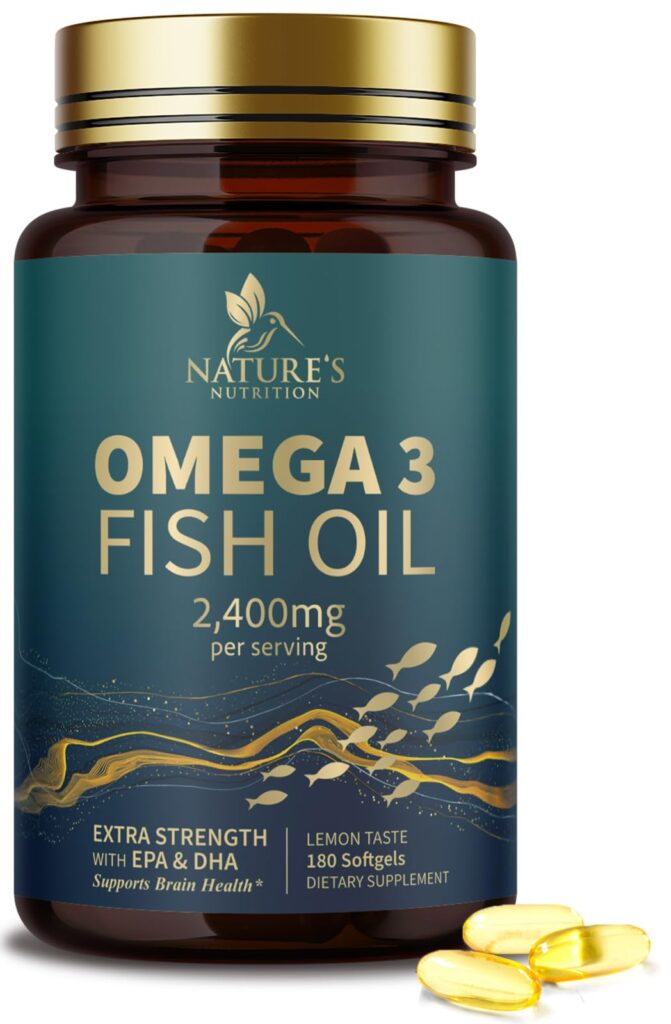
How Omega-3s Benefit Postpartum Hair Health
Omega-3 fatty acids can help combat dryness and inflammation in the scalp, both of which can contribute to hair loss. By keeping the scalp healthy and hydrated, omega-3s create an optimal environment for hair growth. They also help improve hair elasticity, reducing the likelihood of breakage.
Recommended: 9 Major Signs of Hormonal Imbalance in Women Over 40
Recommended Dosage and Sources
For postpartum women, a daily intake of 250 to 500mg of combined EPA and DHA (two types of omega-3s) is often recommended. Omega-3 supplements are available in the form of fish oil or algae oil, and they can also be obtained by eating fatty fish like salmon, mackerel, and sardines.
5. Zinc
Zinc is a trace mineral that plays a significant role in hair tissue growth and repair. It also helps maintain the oil glands around the hair follicles, which is crucial for healthy hair.
How Zinc Supports Postpartum Hair Growth
After childbirth, your body’s zinc levels may be depleted, especially if you’re breastfeeding. Low zinc levels can lead to hair thinning and slow hair regrowth. Supplementing with zinc can help restore these levels, strengthening your hair and reducing hair loss.
Recommended: 8 Natural Remedies for Menstrual Cramps Relief
Recommended Dosage and Sources
The recommended daily intake of zinc for adult women is around 8mg, but postpartum women may benefit from a slightly higher intake. Zinc can be found in supplements as well as in foods like meat, shellfish, legumes, and seeds.
6. Collagen
Collagen is a protein that provides structure to your hair, skin, and nails. As you age, your body’s collagen production decreases, which can contribute to hair thinning and loss.
How Collagen Helps with Postpartum Hair Loss
Taking collagen supplements can help boost your body’s collagen levels, supporting hair strength and elasticity. Collagen also contains amino acids like proline and glycine, which are essential for hair growth and repair.
Recommended: Does Magnesium Affect Breast Milk Production?
Recommended Dosage and Sources
Collagen supplements are typically available in powder or capsule form, and the recommended dosage varies. Many people take between 2.5 to 15 grams of collagen per day, depending on their needs. Collagen can also be found in bone broth and gelatin.
7. Vitamin E
Vitamin E is a powerful antioxidant that helps protect cells from oxidative stress, which can damage hair follicles and contribute to hair loss. It also promotes circulation to the scalp, ensuring that hair follicles receive the nutrients they need.
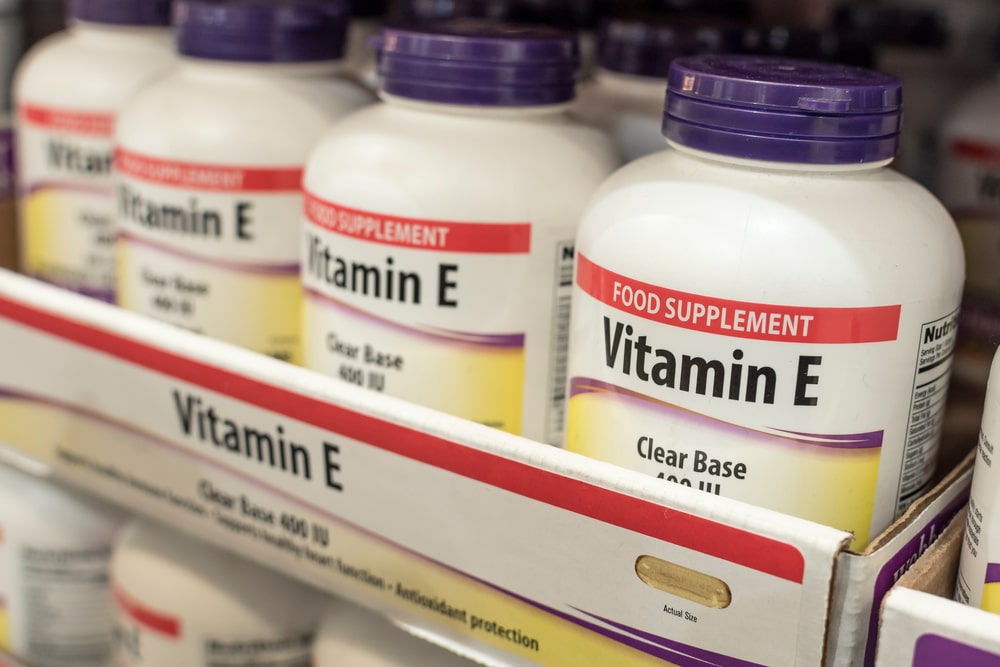
How Vitamin E Supports Hair Regrowth
Postpartum women may experience increased oxidative stress due to hormonal changes, which can exacerbate hair loss. Supplementing with vitamin E can help reduce this stress and support healthy hair regrowth.
Recommended: Can I Take Magnesium While Breastfeeding?
Recommended Dosage and Sources
The recommended daily intake of vitamin E is around 15mg for adults. Vitamin E supplements are available, but it’s also beneficial to consume vitamin E-rich foods such as nuts, seeds, spinach, and avocados.
Conclusion
Postpartum hair loss is a natural and common experience, but it can be distressing for many new mothers. While this condition is usually temporary, incorporating the right supplements into your diet can help nourish your hair from within and promote regrowth.
Biotin, iron, vitamin D, omega-3 fatty acids, zinc, collagen, and vitamin E are all excellent choices for supporting hair health during the postpartum period.
Remember to consult with your healthcare provider before starting any new supplement regimen, especially if you’re breastfeeding. With the right approach, you can help your hair recover and enjoy healthy, vibrant locks once again.
